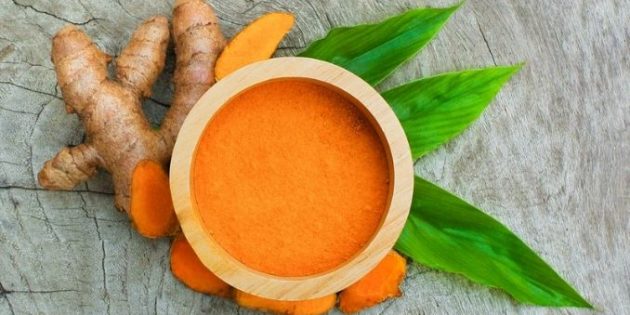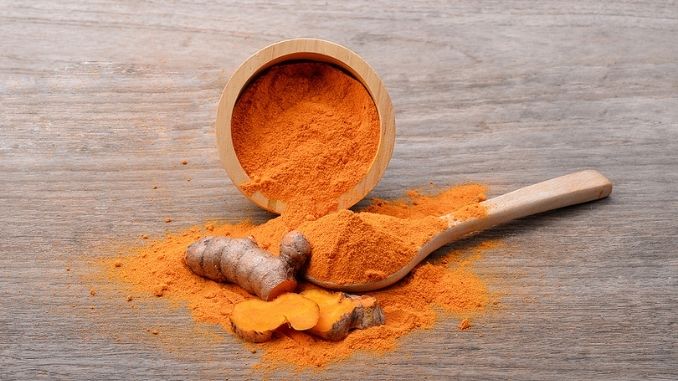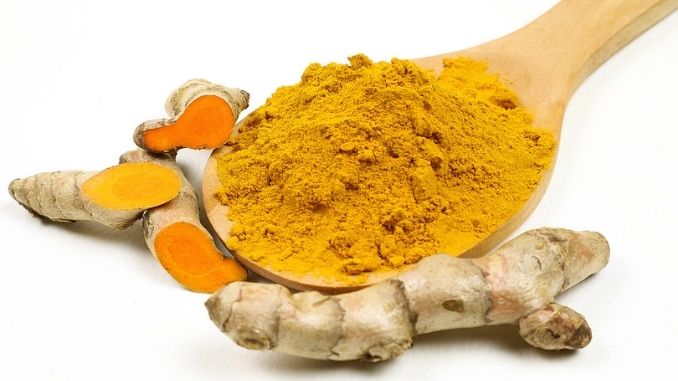You have probably heard about turmeric, seen it at the store, or even tried it yourself. Turmeric, and its active component curcumin, have become increasingly popular in the past few years. Turmeric and curcumin have many scientifically-proven health benefits, and many studies have already been and are currently being conducted. Curcumin has powerful anti-inflammatory effects and is a strong antioxidant. Turmeric is only about 3% curcumin, so a supplement with good curcumin is essential. In this article, we will explore the amazing health benefits of turmeric and what this spice can do for you.
Turmeric is a yellow-orange spice related to ginger. Turmeric is a common spice in Indian, Southeast Asian, and Middle Eastern cooking. Recently, turmeric has been labeled a superfood, making it more widely available. You can help aid the absorption of turmeric into the bloodstream by consuming it with black pepper. Black pepper contains a natural substance called piperine which enhances the absorption of curcumin by 2,000%. You may have heard about turmeric’s anti-inflammatory effects, but turmeric can do even more for you than that.
Turmeric Health Benefits
Let’s examine the various ways turmeric can benefit your health.
Depression
Some suggest that turmeric can help ease depression and even enhance the effects of antidepressants. One study implied that curcumin had a similar effect to Prozac, an antidepressant. As of now, more research is needed in this area.
Type 2 Diabetes
Studies have shown that curcumin can help decrease inflammation and keep blood sugar levels steady. Limited research has shown curcumin’s potential to lower the odds of pre-diabetics developing diabetes.
Premenstrual Syndrome (PMS)
One study showed that curcumin supplements decreased PMS symptoms in women. Curcumin may also help relieve menstrual cramps.
Arthritis
Due to turmeric’s anti-inflammatory properties, many people have turned to it for arthritis pain relief. Turmeric has shown promise to relieve joint pain, stiffness, and inflammation, but more research is needed.
Cancer
Although we only know how turmeric affects tumor cells in animals, the results are exciting. In lab and animal studies, turmeric has stopped the growth of tumors and enhanced the effect of detoxifying enzymes. We do not know how turmeric acts in the human body about cancer or if it interferes with chemotherapy drugs.
Irritable Bowel Syndrome (IBS)
In one pilot study of 207 adults, it was found that turmeric helped ease IBS symptoms such as abdominal pain.
Brain Function
The neurons in our brains can form new connections, which is essential for learning, memory, and well-being. Brain-derived neurotrophic factor (BDNF) is one of the main drivers of this process. Lower levels of BDNF have been linked to brain disorders such as depression and Alzheimer’s. Amazingly, curcumin can increase levels of BDNF in the brain. By doing so, curcumin may be able to delay or even reverse brain diseases and age-related decreases in brain function.
Heart Disease
Curcumin may be able to play a role in reversing many of the steps in the process of developing heart disease. Curcumin improves the function of the endothelium, which is the lining of your blood vessels. When the endothelium is not functioning properly, it cannot regulate blood pressure, blood clotting, and other processes and can lead to heart disease. Several studies have suggested that curcumin leads to improvements in endothelial functioning. As mentioned, curcumin also reduces inflammation and oxidation, which are factors in heart disease.
To conclude, turmeric, specifically curcumin, show significant promise for improving health. Many people have experienced great results from using turmeric, and research in this area seems to have an exciting future. Try it for yourself and experience the benefits!








